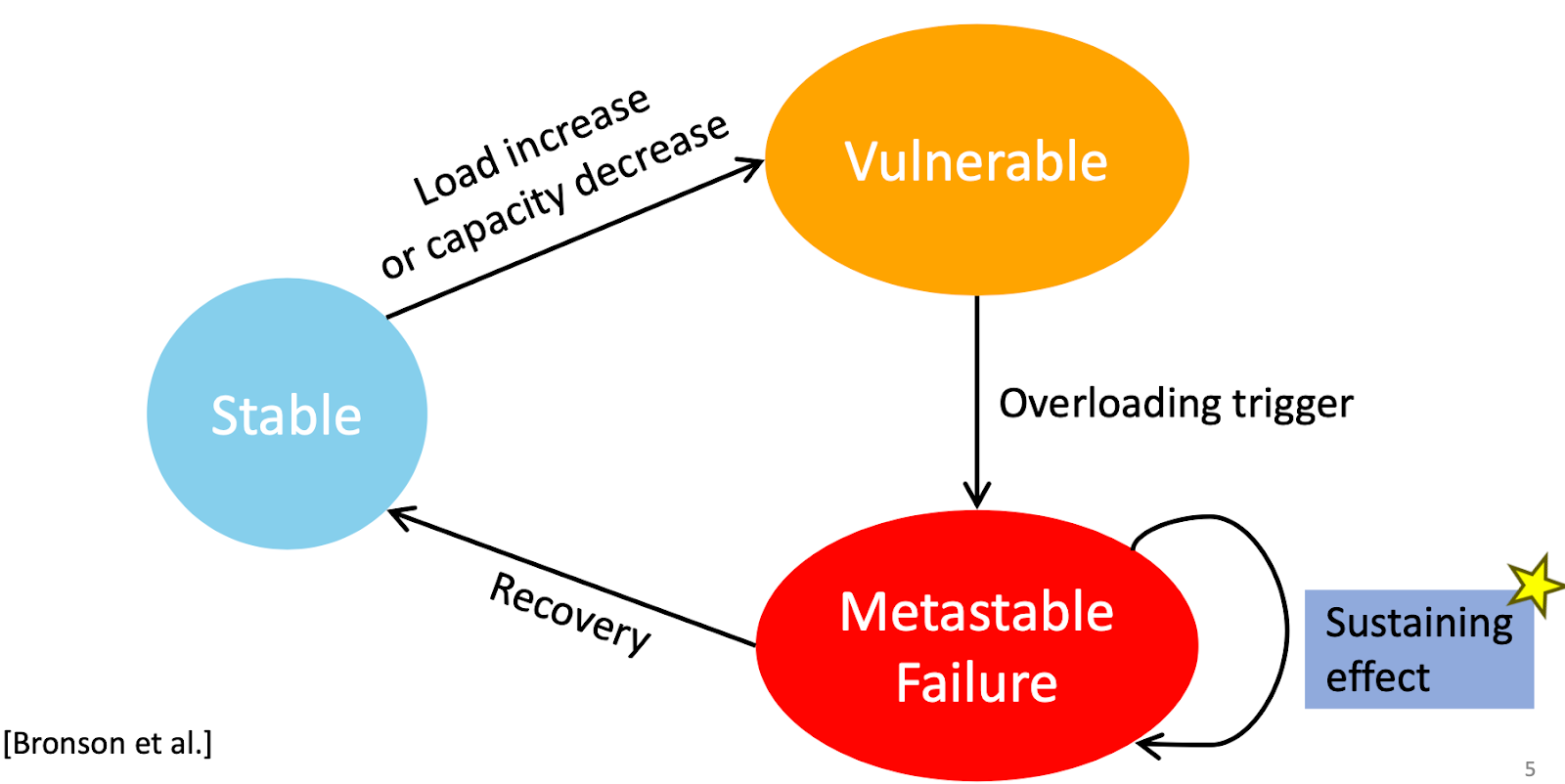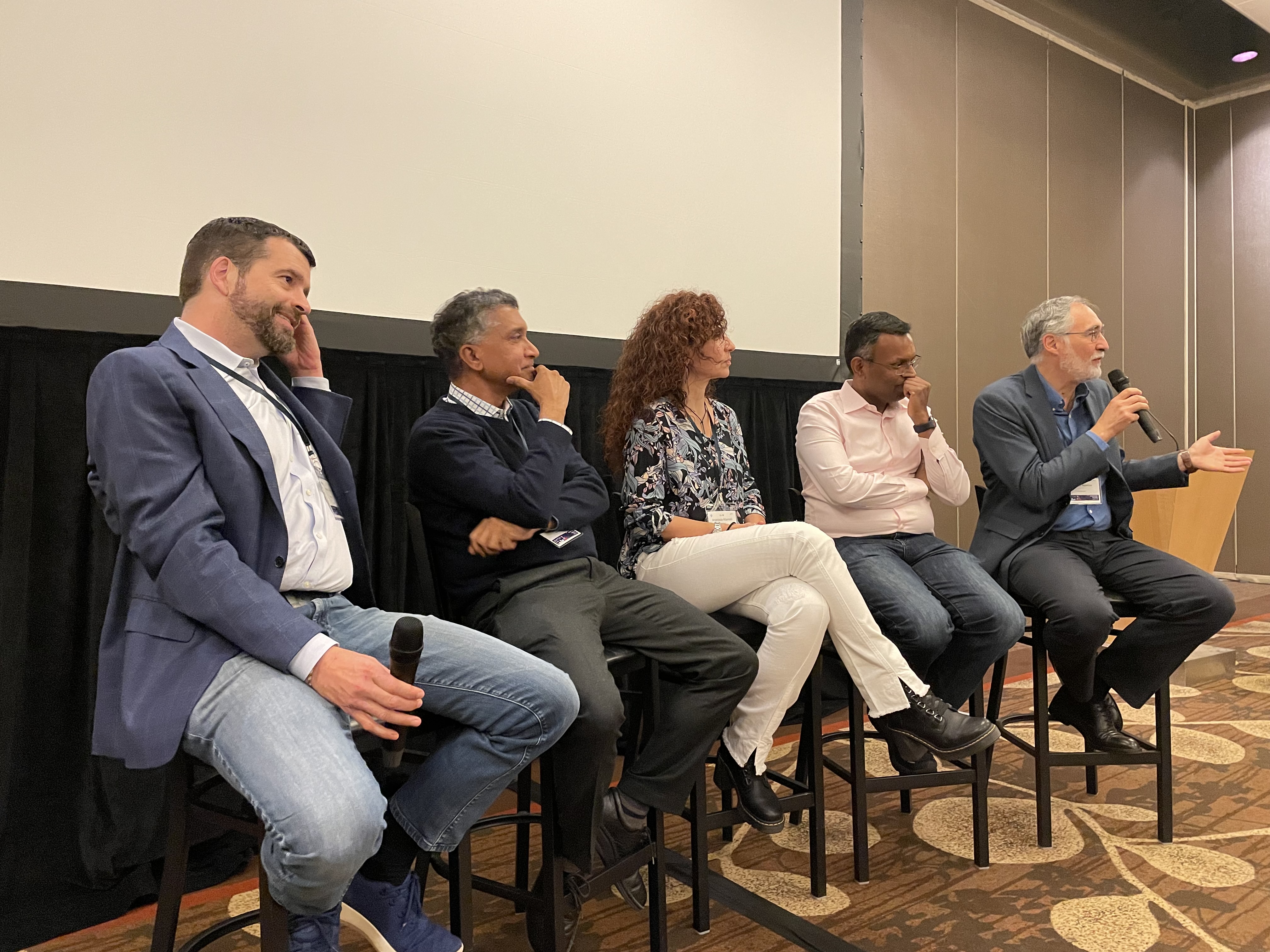Model Checking Guided Testing for Distributed Systems

This paper appeared in Eurosys 2023. It shows how to generate test-cases from a TLA+ model of a distributed protocol and apply it to the Java implementation to check for bugs in the implementation. They applied the technique to Raft, XRaft, and Zab protocols, and presented the bugs they find. Background on the problem Bridging the gap between model (i.e., abstract protocol) to the implementation (i.e., concrete code) is an important problem. TLA+ gives validates the correctness of your abstract/model protocol, but does not say anything about whether your implementation of the protocol is correct. This is still very useful as Lamport likes to argue: if you didn't get the abstract design right, it doesn't matter if your implementation is true to the abstract, you will still have a flawed implementation. While having a TLA+ model checked abstract does not guarantee that your implementation of the abstract is correct, it helps you avoid the big/intricate protocol level problems a









